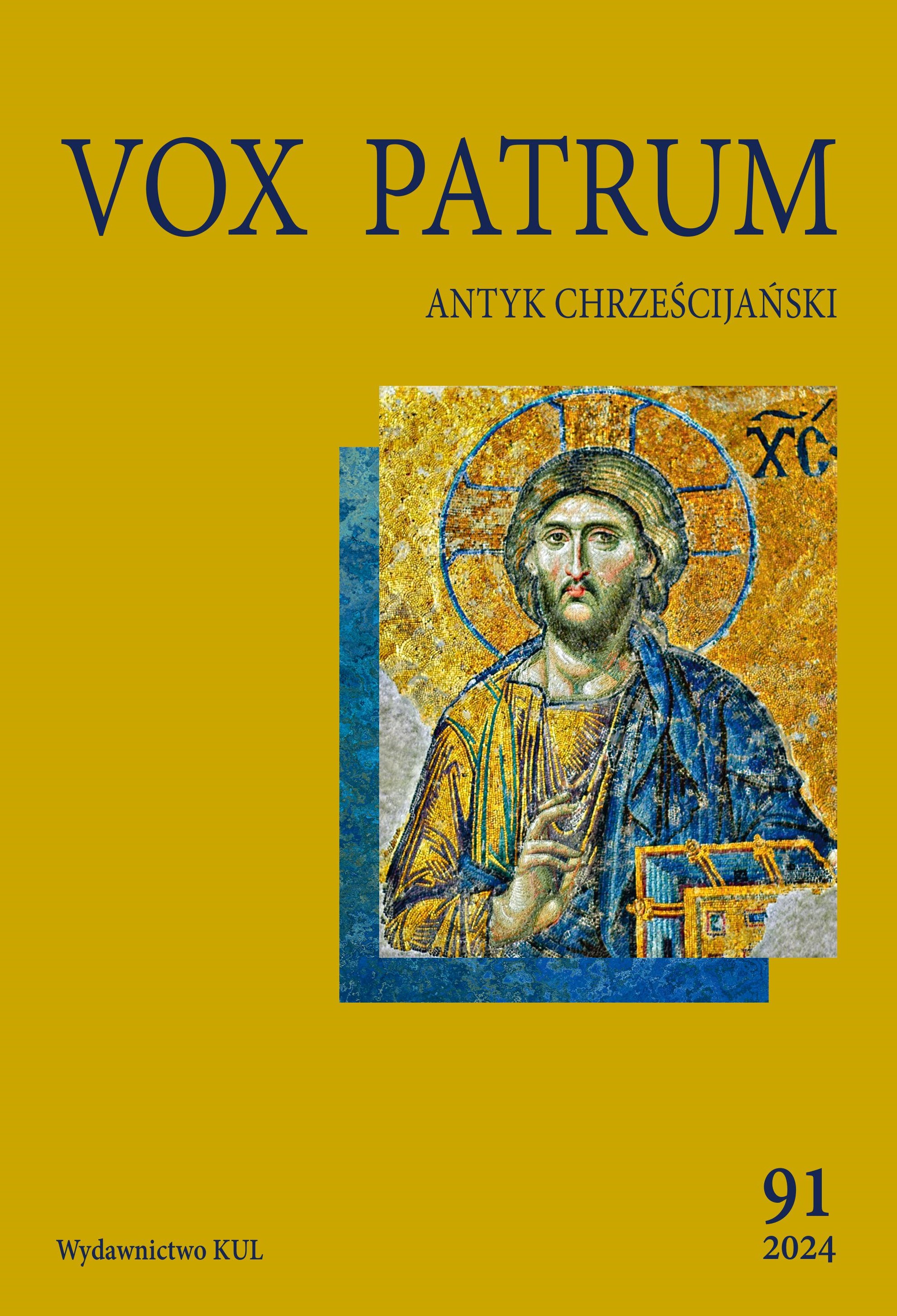Did Eustathius the Philosopher Become Eustathius of Sebastea? A Contribution to Federico Fatti’s Hypothesis
Did Eustathius the Philosopher Become Eustathius of Sebastea? A Contribution to Federico Fatti’s Hypothesis
Author(s): Marta PrzyszychowskaSubject(s): Christian Theology and Religion, Theology and Religion, Psychology of Religion
Published by: Katolicki Uniwersytet Lubelski Jana Pawła II
Keywords: Eustathius the Philosopher; Eustathius of Sebastea; Basil of Caesarea; Eunapius; Neoplatonism; asceticism
Summary/Abstract: In 2009, Federico Fatti published a hypothesis that Eustathius the Philosopher, described by Eunapius, converted to Christianity and became bishop of Sebastea and master to Basil the Great. In my article I present Fatti’s hypothesis and solve three important problems that he left unclear: the place of birth of two Eustathiuses, the problem of Letter 35 by Julian and the mystery of the year 358, when Eustathius of Sebastea was already bishop and Eustathius the Philosopher is believed to have been sent by the emperor to Persia despite his Hellenic faith. When those issues that could challenge Fatti’s thesis have been clarified, his claim, I think, gains plausibility close to certainty. The identification of two Eustathiuses helps explain certain mysteries in the life of Eustathius the Philosopher and some peculiar features of the ascetic movement initiated by Eustathius of Sebastea. It is also a milestone in understanding the teaching of the Cappadocian Fathers as it provides us with a direct link between them and Neoplatonism and more specifically its Syrian branch initiated by Iamblichus.
Journal: Vox Patrum
- Issue Year: 2024
- Issue No: 91
- Page Range: 541-562
- Page Count: 21
- Language: English

